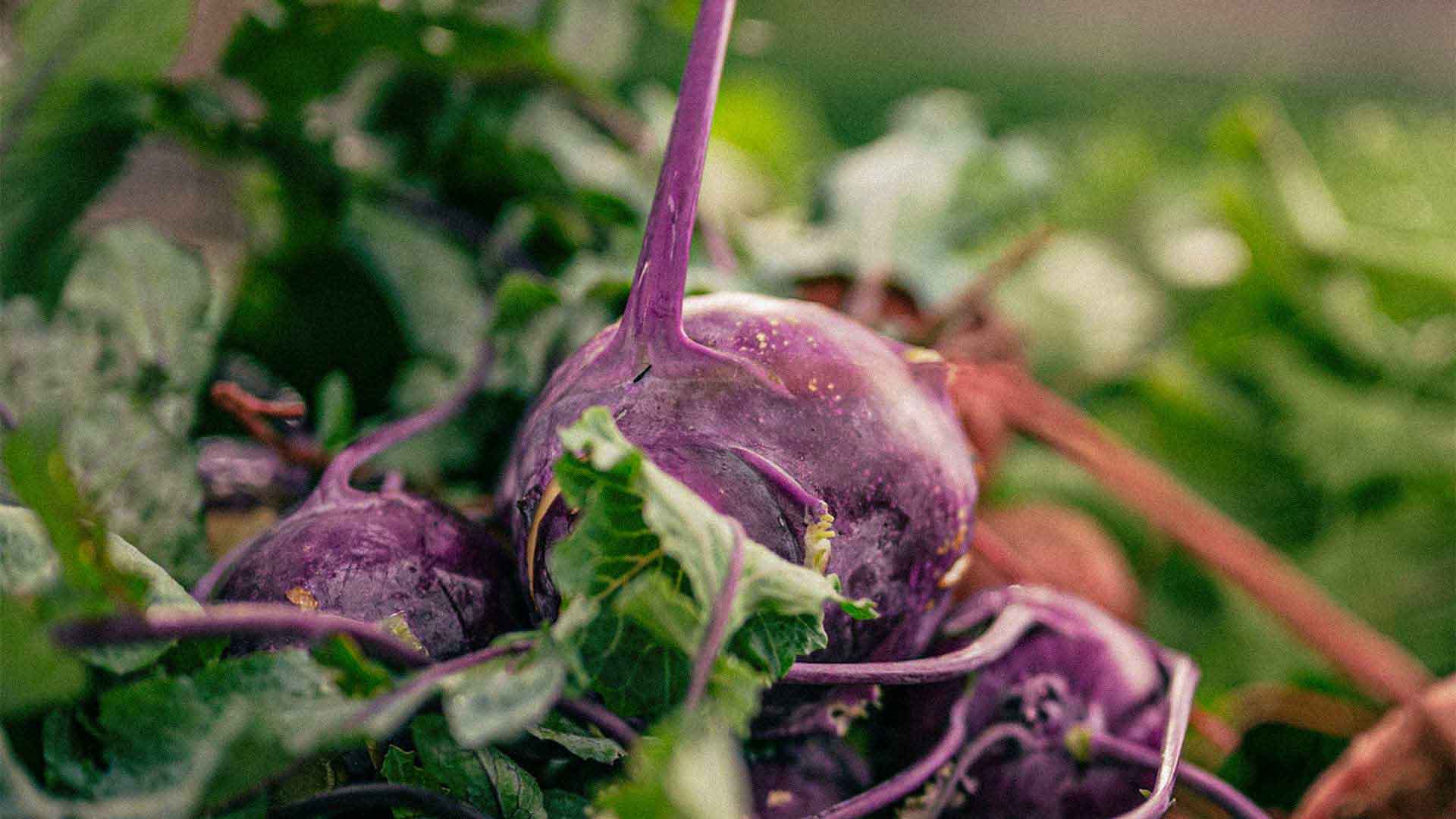When you think of inflammation, what comes to mind? A swollen knee? A nasty cut? When we think of inflammation, we often think of the worst. After all, part of the word is literally “inflam”. If that doesn’t call to mind a house engulfed in flames, I’m not sure what will. Fortunately, most inflammation isn’t that severe—and it doesn’t take a fire crew to get it under control. There are things you can do day to day to keep ordinary inflammation in check, including some simple adjustments to your diet.
But first: What exactly is inflammation?
There are two main forms of inflammation: acute (the good kind) and chronic (the bad kind).
Acute inflammation is part of your body’s normal, healthy response to a wound or infection. When an injury or an intruder damages your tissues, the affected cells send out a distress signal that calls in your body’s knights in shining armor—your white blood cells—and makes tiny blood vessels in the area leak fluid to help out. This process causes redness, swelling and pain—the hallmarks of inflammation—but ultimately has a positive effect: It helps your body fight off the bad guys and repair any damage—and goes away after a few days 1, 2.
Now, this process becomes a problem when it lasts too long—a condition called chronic inflammation. This can happen when a persistent problem like autoimmune disease, cardiovascular disease, diabetes, arthritis, allergies or lung disease triggers a perpetual immune response that keeps your tissues inflamed over the long term. If your body is always on defense, it runs the risk of burning out, causing a host of health issues like fatigue, body pain, weight gain, digestive issues and even mood problems. So if you suffer from chronic inflammation, you definitely want to get it under control.
How foods can help fight inflammation
Certain lifestyle modifications can help to relieve the symptoms of inflammation and reduce its occurrence.1 One change you can make is to add natural anti-inflammatory foods to your diet. So what are these foods? I thought you’d never ask! Let’s take a look at 6 of them:
- Fatty fish: Salmon is an excellent source of Omega 3 fatty acids, essential nutrients that you have to get through food because your body can’t make them itself. Two of these acids—EPA and DHA—have strong anti-inflammatory effects.3
- Blueberries: Blueberries are rich in anthocyanins, a kind of compound with antioxidant properties (and the thing that makes blueberries blue). They help to protect your body by mopping up free radicals, naturally occurring substances that can damage cells when they’re allowed to build up. Basically, free radicals are the Karens and antioxidants are managers. Tootles Karen!
- Turmeric: Turmeric, also known as Curcumin, helps to control inflammation by reducing pro-inflammatory responses in the body. Essentially, it acts like a security guard for your body, sensing inflammation and escorting it off the premises!5
- Green tea: Green tea is a rich source of catechins—especially epigallocatechin-3-gallate (EGCG)—a class of antioxidants that help to protect your cells against damage.6
- Beets: Beets or beetroot juice are rich in nitrates which the body converts to nitric oxide. This helps open blood vessels and increase blood flow—especially beneficial for those with cardiovascular conditions.7
- Green leafy vegetables: Leafy vegetables like spinach and kale are rich in Vitamin K, a fat-soluble compound that plays an important role in the body’s inflammatory response. Vitamin K has been shown to help reduce the occurrence of inflammation by helping to decrease the damage caused by free radicals.8 Popeye was on to something with his spinach intake!
Are anti-inflammatory foods right for you?
So should you be adding these foods to your diet? The short answer is yes. Natural anti-inflammatory foods are rich in vitamins and minerals that help to support not only your inflammatory health but also your overall wellness. Whether you have acute inflammation, chronic inflammation or no inflammatory condition at all, anti-inflammatory foods should be eaten by anyone and everyone!
Where to find anti-inflammatory foods
Since there are so many to choose from, it can be easy to follow this dietary pattern. Just shop for the rainbow (no, we aren’t referring to Skittles here!). When you’re at the store, look for naturally colorful options: fruits and vegetables, nuts and seeds, fatty fish like salmon or tuna, spices like turmeric, and antioxidant-rich drinks like green tea.
Why put it off? Head to the supermarket, pick out those natural anti-inflammatory foods, and start rolling them into your weekly routine. Your body will thank you!
About Hayley
Hayley is a Licensed Registered Dietitian Nutritionist (RDN) with a Bachelor of Science in Dietetics from Florida State University and a Master of Science in Dietetics from the University of Rhode Island. Hayley is dedicated to empowering individuals to achieve their nutritional goals through evidence-based practices.
Interested in supplements, but not sure where to start? Reach out to one of our experts, or take our free nutrition assessment, to learn exactly what nutrients would work best for your diet and lifestyle.

